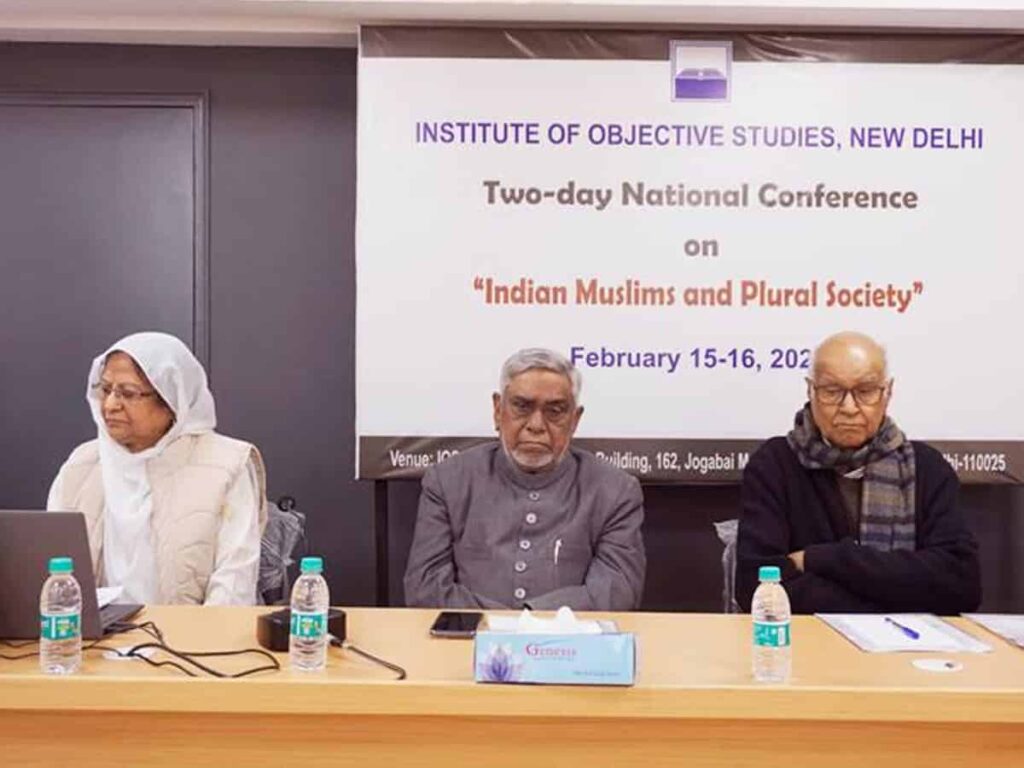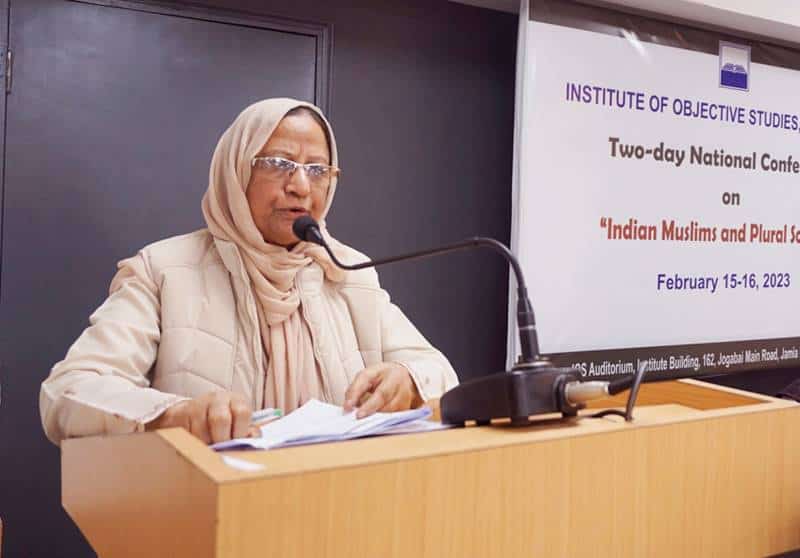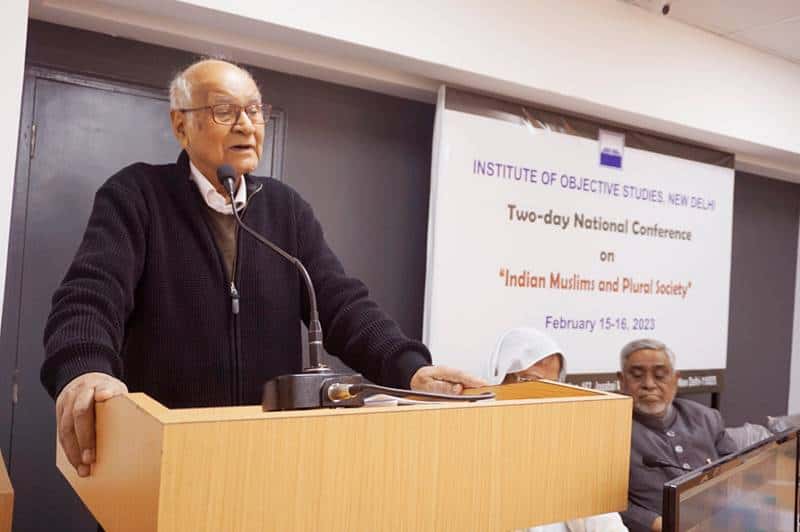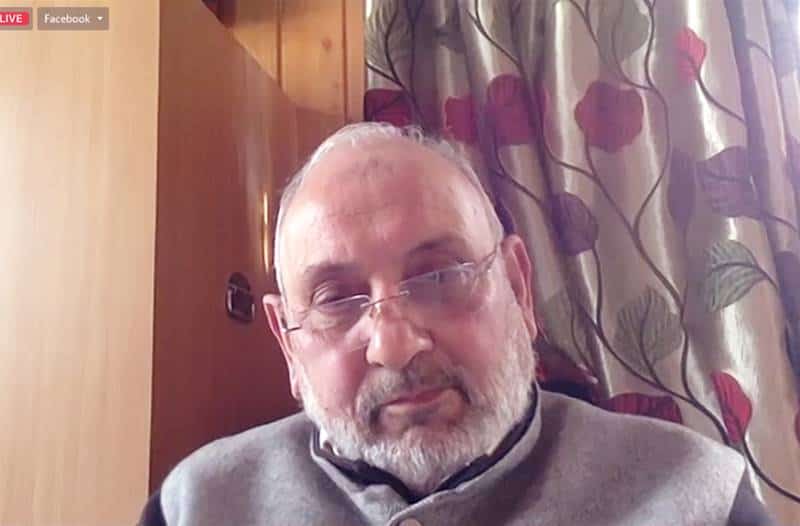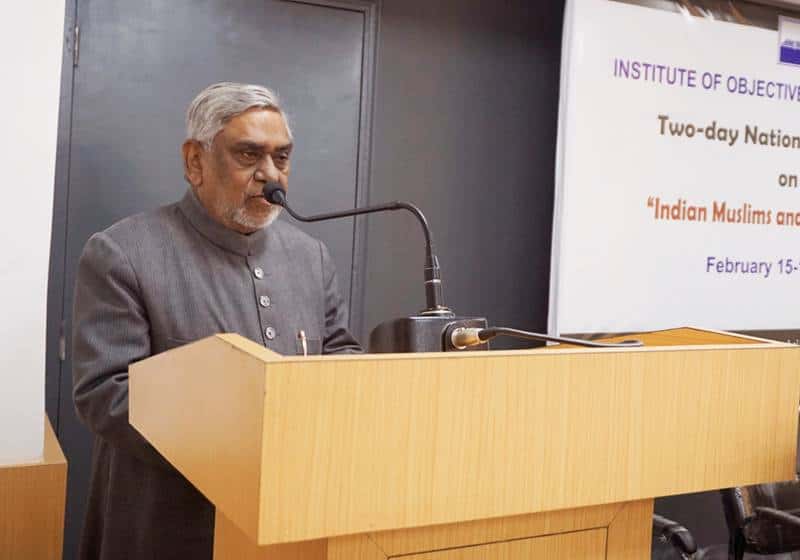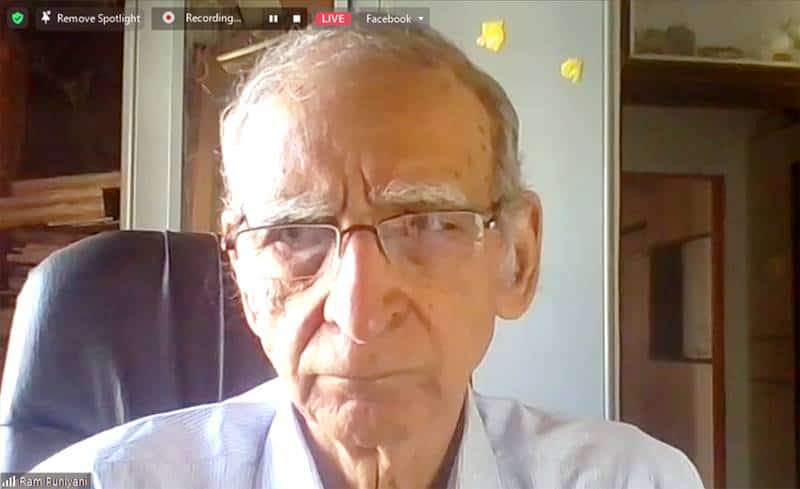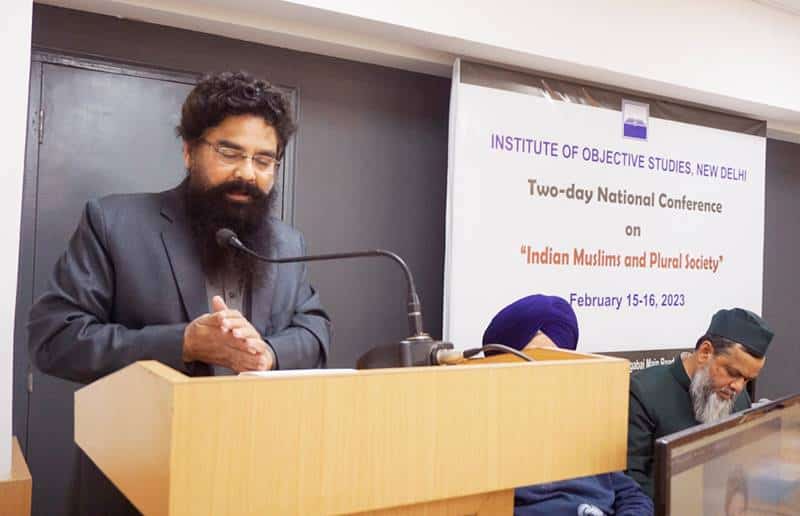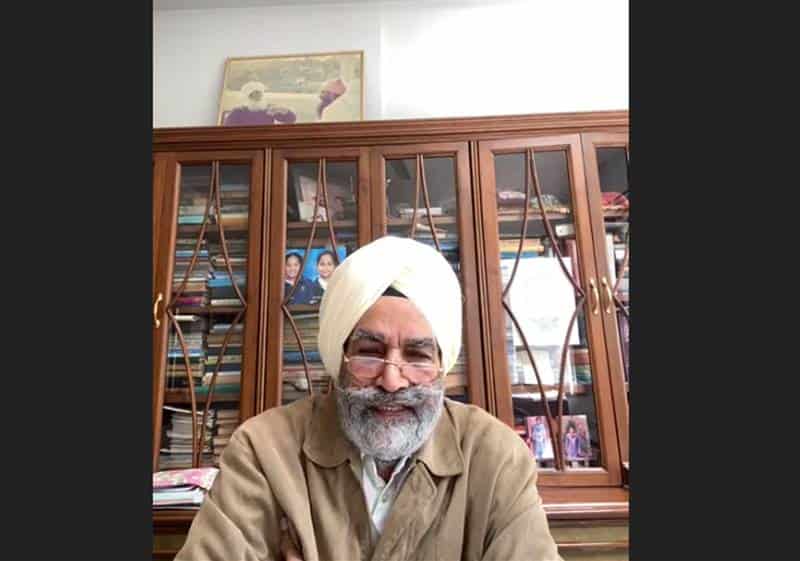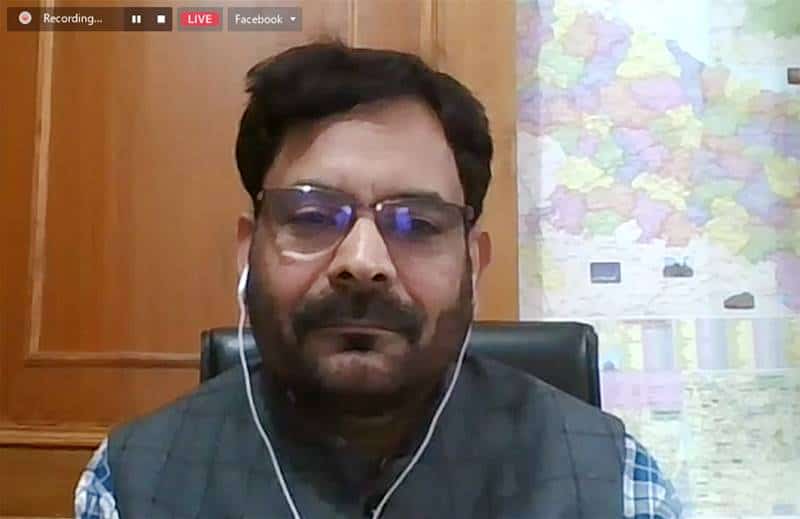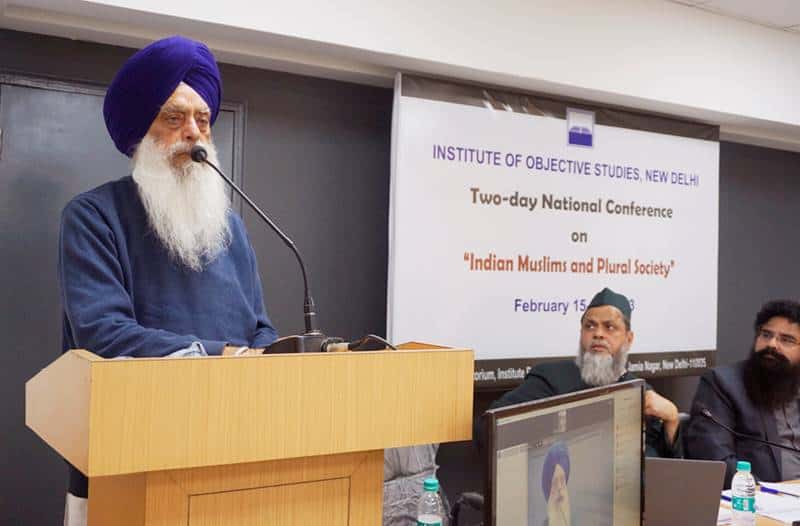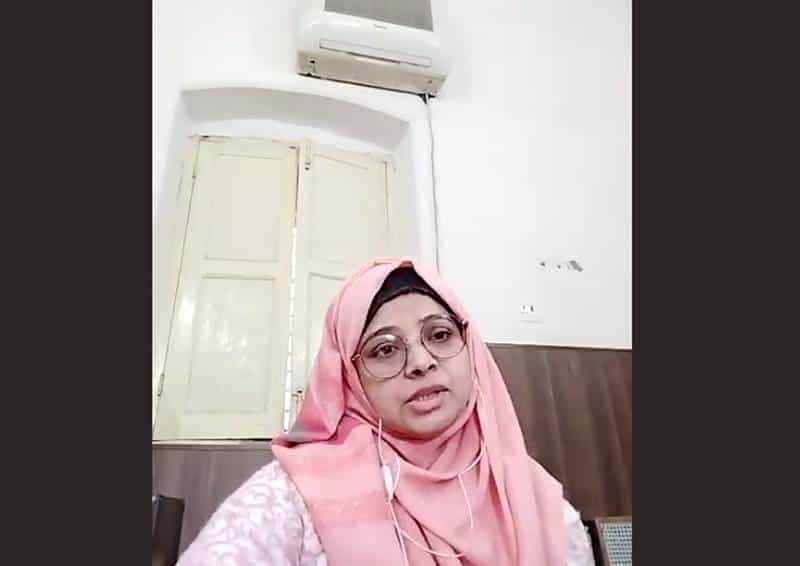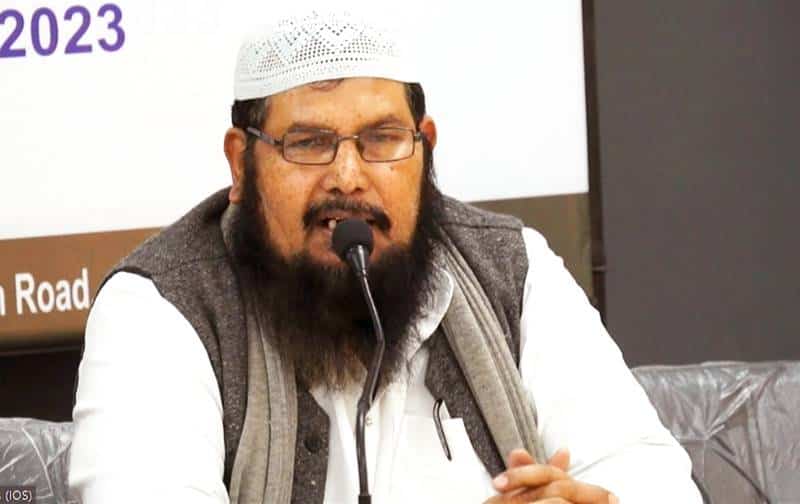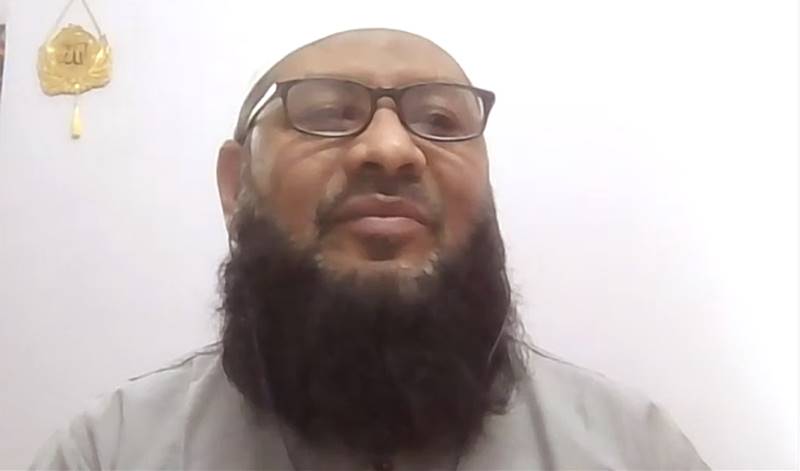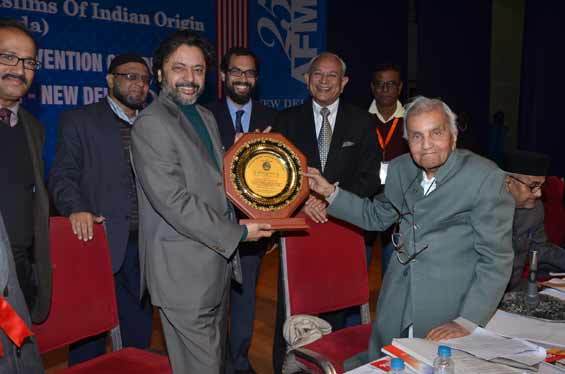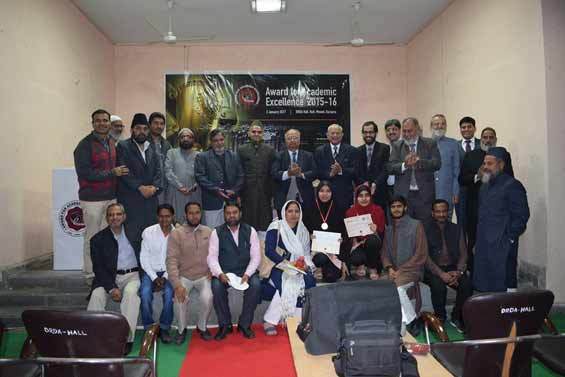INDIA:
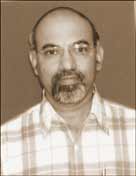
OMAR FAROOK KHATANI, an officer of M.P. state administrative service, has been elected president of the state administrative officers association by a large margin in the elections held in Bhopal recently. The cadre strength of this association is 700 consisting of additional, joint and deputy collectors. Khatani is presently posted as chief executive officer, M.P. Wakf Board Bhopal. He has held important portfolios during his career including secretary, M.P. state Minorities Commission.
PROF NARGIS JAHAN, who is associated with the department of Persian in Delhi University for a long time, has now been appointed head of the Persian department in this University. She also served as teacher in Delhi’s Zakir Husain College, Kamla Nehru College and Saint Stephen’s College. She has authored many books including Human Right in Urdu Literature, Sa’di-e Hind’ (English) Farsi Vyakaran aur Anuwaad’ (Hindi).
PROF MIRZA SAMAR BAIG presently incharge of the department of political science at Aligarh Muslim University has been appointed as Member Incharge of the Department of Public Relations by AMU vice chancellor in place of Dr Faizan Mustafa who was recently appointed as Registrar of this university. Dr Samar Baig is a prominent writer whose research articles on politics are published in important Indian and foreign journals. During the cold war period he had worked as research analyst on India’s foreign policy towards USA and USSR.
PROF SHIRIN MUSAVI, Head of Department of History in Aligarh Muslim University, has been appointed by the Union ministry of human resources development as a Member of Indian Council of Historical Research (ICHR) in consideration of her valuable services and contribution in the filed of history. She will be the Member of ICHR for 3 years.
Aligarh Muslim University has conferred PhD and M Phil degrees on the following students:
PhD: RAEES HASAN (Hindi), NIHAAL NAZIM (Urdu), MOHAMMAD IRFAN (Theology), SHAHROZ ALAM, MOHD QAISAR ALAM and S HASAN QAID (Economics) and MA’ARIFUR RAHMAN (Sanskrit).
M.Phil: (Ms) SARITA SHARMA and SYED ABDUL MOINUDDIN (Mathematics).
Well-known fiction writer, poet and educationist, DR GHAZANFAR ALI, who is also the principal of Urdu Teaching and Research Centre, Lucknow has been entrusted with the additional charge of director of National Council for the Promotion of Sindhi Language by the Union ministry of human resources development. He has taken over the charge of his new assignment in the Council’s head office in Vadodra, (Baroda).
RAMZAN ALI appears to have set up a record in hair-cut of 210 women by continuously standing and working for 24 hours. Though his name is already entered three times in Limca Book of Records for hair cutting, this time he wants to get his name entered in Guinness Book of World Records for his feat of 210 haircuts in 24 hours. It is to be seen if his ambition is fulfilled and Guinness Book acknowledges it.
PROF AKHTARUL WASEY, renowned scholar of Islam who is also Dean of the Faculty of Humanities and Languages and director of Zakir Husain Institute of Islamic Studies at Jamia Millia Islamia, Delhi was unanimously elected president of the Managing Committee of Ajmer’s Khwaja Moinuddin Chishti’s Dargah. He is associated with the Dargah Committee since 1995 as its member. Syed Abdul Bari was elected vice president of the Dargah Committee.
GHULAM NABI KHAYAL, Sahitya Akademi award-winning veteran Kashmiri writer and journalist, was elected as the President of Kashmir Writers Association. Amin Kamil (Padma Shree) and Prof G N Firaq (Sahitya Akademi awardee) were elected as patrons of the Association.
The Governor of Uttar Pradesh, in his capacity as Chancellor of Agra University, has nominated
PROFESSOR MOHAMMAD ZAHID of the Department of Urdu, Aligarh Muslim University as member of the Executive Council of Dr BR Ambedkar University, Agra. Dr. Zahid has had a brilliant academic record. He has authored a number of books and research papers. He also served as a member of the Academic Council of AMU. «
source: http://www.milligazette.com / The Milli Gazette / Home> Milli Gazette Online / 16-31 May 2005
